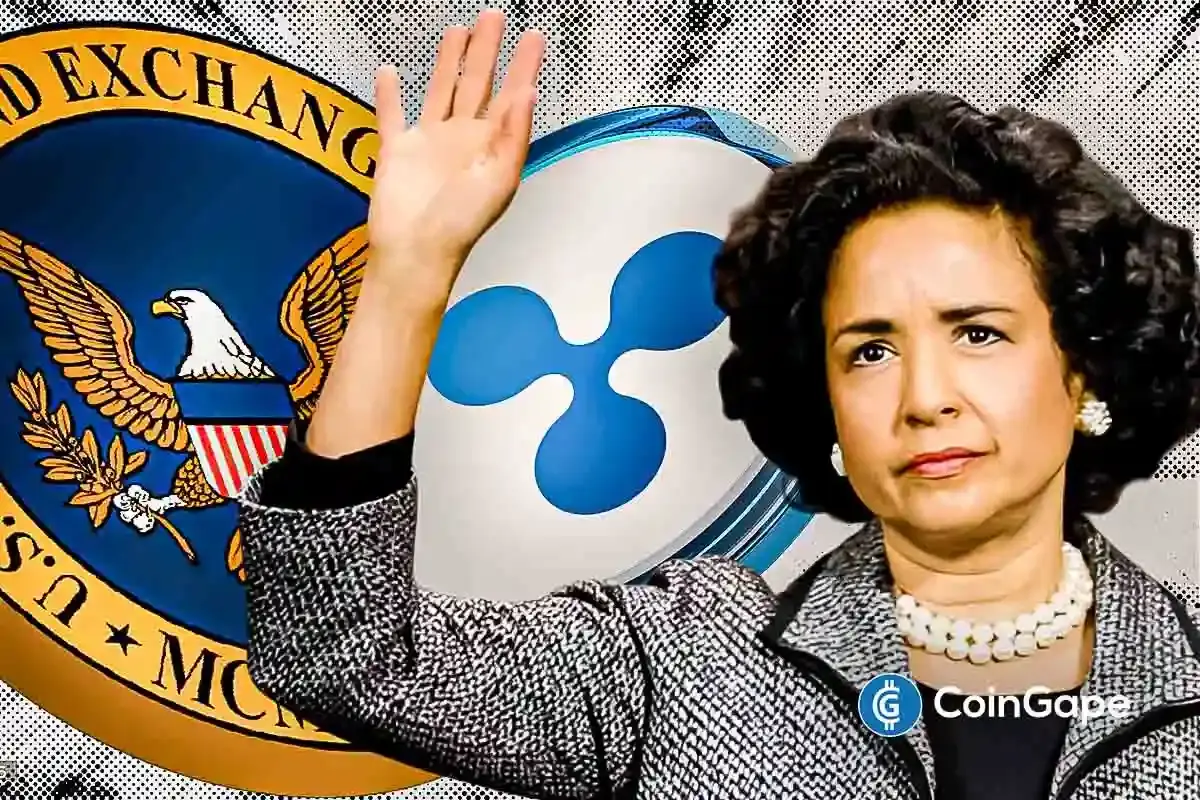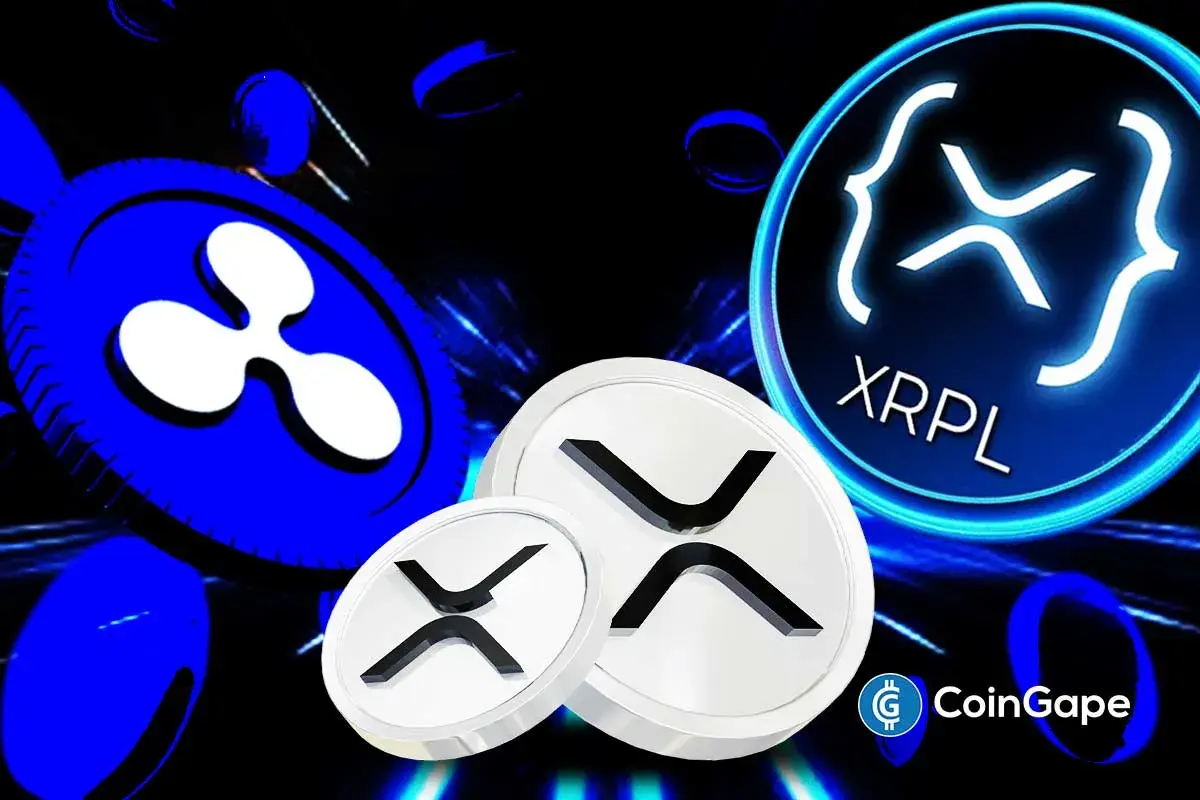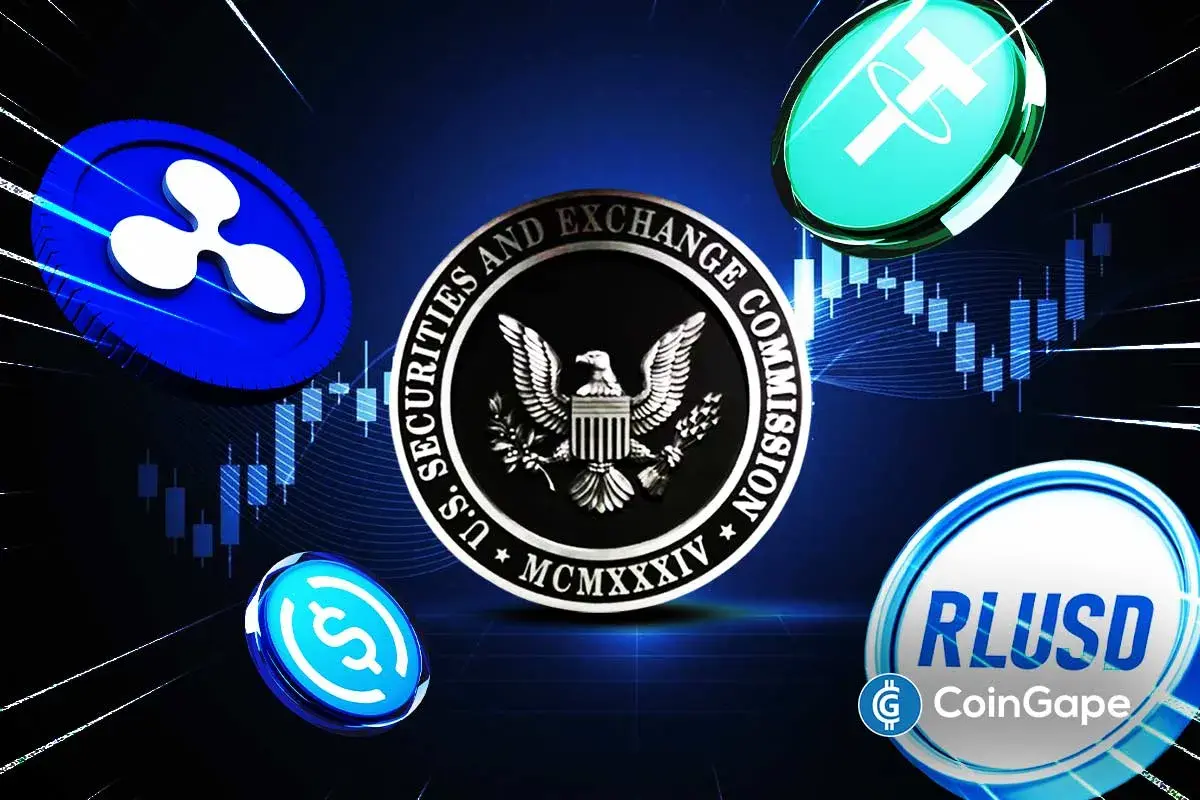Why Didn’t Judge Torres Drop XRP Lawsuit? Ex-SEC Lawyer Weighs In

Highlights
- Judge Torres didnt drop XRP lawsuit as Ripple offered unregistred securities, stated Fagel.
- Fagel also noted that the judge can only rule on the case before her, dismissing concerns about Ethereum.
- Bill Morgan stated that the ruling restricts XRP's institutional sales.
The protracted XRP lawsuit has taken a significant turn, with many wondering why Judge Analisa Torres didn’t drop the case. Amid multiple perceptions, ex-SEC lawyer Marc Fagel weighed in, offering insights into the judge’s decision-making process.
Lawyer Explains Why Judge Torres Denied XRP Lawsuit Motion
As the XRP community grapples with Judge Torres’ recent decision in the Ripple lawsuit, former SEC lawyer Marc Fagel provides context on why the judge didn’t drop the case via an X post.
Fagel suggested that the judge probably didn’t drop the case due to her finding that Ripple had raised hundreds of millions from unregistered securities sales. According to Fagel Ripple’s alleged illegal fundraising through unregistered securities sales warranted action. His statement read,
Probably because she found that Ripple illegally raised hundreds of millions of dollars from unregistered securities sales. So why would she “drop” it (whatever that means)?
Recently, Judge Torres rejected the joint motion filed by Ripple and the SEC in the XRP lawsuit. Subsequently, Ripple dropped its appeal, agreeing to pay $50 million penalty.
Another pertinent question that spurred discussion on the X platform was the case’s potential implications. An X user raised concerns about whether the lawsuit and the substantial resources spent on it effectively served the SEC’s prime goals: protecting investors, maintaining fair and efficient markets, and facilitating capital formation. In a separate response, Fagel noted,
If the company didn’t want to comply with federal law, they should try to change it. They don’t get to decide for themselves which laws matter.
Further, regarding the judge’s silence on Ethereum, he noted that she can only rule on the case before her, implying that Ethereum wasn’t part of the Ripple lawsuit. Fagel also added that Judge Torres has no further role in the Ripple lawsuit, stating,
Judge Torres has no further role in this. Her judgment will become final once the SEC votes to approve dismissing its appeal and files with the court of appeals (which has not yet happened).
How Will Judge Torres’ Injunction Impact XRP Sales?
Significantly, Judge Torres has identified the institutional sales of XRP as a securities offering. As this ruling remains unchanged, Ripple must either cease the institutional sales or comply with the securities laws.
Previously, CoinGape reported XRP lawyer Bill Morgan’s statement that Ripple was already preparing for a permanent injunction on the “historical institutional sales.”
In a recent tweet, Morgan provided more clarity on the Ripple lawsuit ruling’s implications on the XRP sales. While a community member argued that the case won’t affect XRP’s future sales, but only the past offerings, Morgan stated,
You do realise that a prohibitive injunction like the one made against Ripple is meant to restrain current or future conduct. How would it apply to restrain past conduct that already happened.
Play 10,000+ Casino Games at BC Game with Ease
- Instant Deposits And Withdrawals
- Crypto Casino And Sports Betting
- Exclusive Bonuses And Rewards

- Breaking: U.S. PPI Inflation Rises To 2.9%, BTC Price Falls
- XRP News: Ripple-Backed Ctrl Alt Completes $280M in Diamond Tokenization on XRPL
- Bitwise CIO Calls Bitcoin Selloff ‘Classic Cycle,’ Dismisses Manipulation Rumors
- Cardone Capital Takes Real Estate On-Chain With $5B Tokenization Plan
- Senator Elizabeth Warren Targets Trump-Affiliated World Liberty Financial Over Bank Charter Bid
- Top 2 Price Predictions Ethereum and Solana Ahead of March 1 Clarity Act Stablecoin Deadline
- Pi Network Price Prediction Ahead of Protocol Upgrades Deadline on March 1
- XRP Price Outlook As Jane Street Lawsuit Sparks Shift in Morning Sell-Off Trend
- Dogecoin, Cardano, and Chainlink Price Prediction As Crypto Market Rebounds
- Will Solana Price Rally to $100 If Bitcoin Reclaims $72K?
- XRP Price Eye $2 Rebound as On-Chain Data Signals Massive Whale Accumulation

 Buy $GGs
Buy $GGs

















